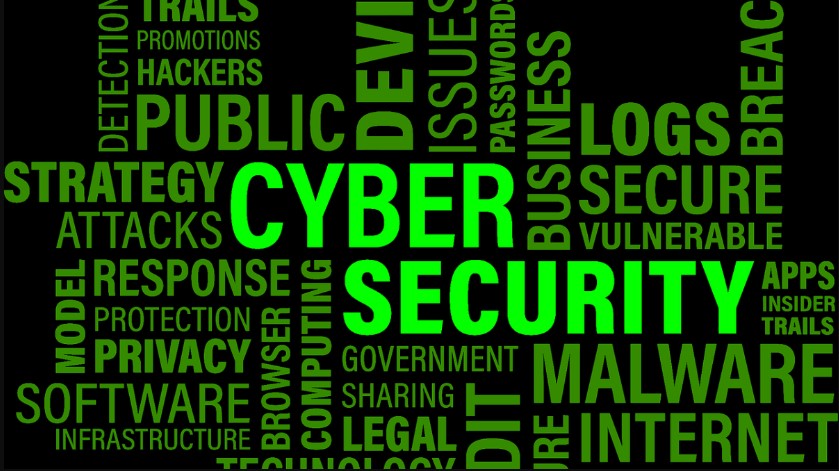
Ransomware attacks have been upgraded to a national security threat in a new cybersecurity strategy released by the White House. This recognition comes after many ransomware attacks have targeted businesses and governments, resulting in billions of dollars in yearly damages.
According to Aaron Kane, a cybersecurity expert with CTI Technology Chicago IT services, this upgrade is important in combating ransomware attacks. “Ransomware attacks have become more sophisticated and frequent, and it’s clear that they pose a significant threat to national security,” Kane said. “By recognizing them as such, we can take the necessary steps to prevent and respond to these attacks.”
Robert Giannini, CEO of Giaspace, an IT services company in Fort Lauderdale, agrees that this recognition is a positive step forward. “Ransomware attacks have become a major concern for businesses and governments around the world, and it’s important that we take this threat seriously,” Giannini said. “By implementing robust cybersecurity measures and having a data backup and recovery plan in place, we can minimize the impact of these attacks.”
Preventing ransomware attacks requires a multi-faceted approach, including implementing robust cybersecurity measures, educating employees, and having a data backup and recovery plan. Cybersecurity professionals play a critical role in preventing and responding to ransomware attacks by conducting regular security audits, developing and implementing cybersecurity policies and procedures, monitoring networks for suspicious activity, responding quickly to incidents, and training employees on cybersecurity best practices.
As ransomware attacks continue to pose a significant threat to national security, businesses and governments must take the necessary steps to prevent and respond to these attacks. We can combat this growing threat by implementing the appropriate cybersecurity measures and working together.
Recent ransomware attacks on businesses and governments have shown the devastating impact that these attacks can have. In May 2017, the WannaCry ransomware attack infected over 200,000 computers in 150 countries, causing billions of dollars in damages. More recently, the Colonial Pipeline ransomware attack led to fuel shortages in the southeastern United States. The JBS Foods ransomware attack caused a temporary shutdown of the company’s meat processing plants.
The White House’s recognition of ransomware attacks as a national security threat in its new cybersecurity strategy is a significant step in preventing and responding to these attacks. The strategy outlines measures that can be taken to prevent and respond to ransomware attacks, including implementing robust cybersecurity measures, having a data backup and recovery plan in place, and collaborating globally to combat these attacks.
As businesses and governments worldwide continue to face the threat of ransomware attacks, they must take the necessary steps to prevent and respond to these attacks. By implementing the appropriate cybersecurity measures and working together, we can combat this growing threat to national security.






More Stories
How To Protect Your Dedicated Server From Brute Force Attacks?
Ways To FInd Out Who Is Hosting A Certain Website?
Mobile Legends Bang Bang: The Ultimate Guide for Players